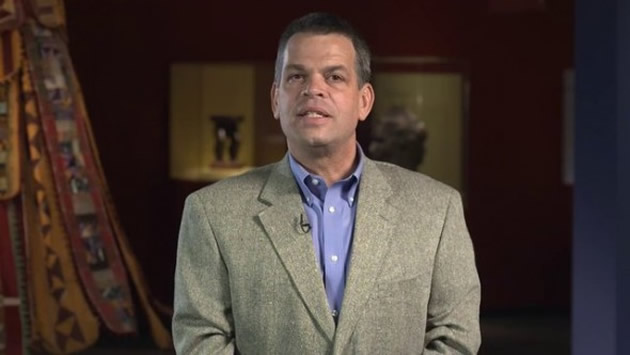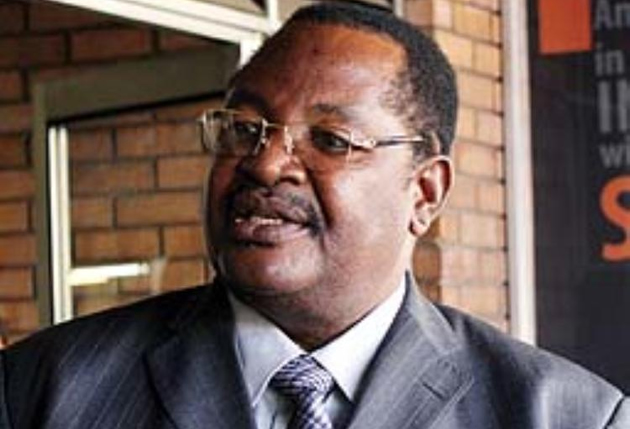US feels heat — desperate to engage Zimbabwe

 Munyaradzi Musiiwa Midlands Correspondent
Munyaradzi Musiiwa Midlands Correspondent
THE United States Ambassador to Zimbabwe, Bruce Wharton, has conceded his country was now playing second fiddle to China and other Asian tigers in exploiting business opportunities in the country.
Ambassador Wharton’s remarks – an apparent climb down from the US’s tough stance on the Southern African nation — is testimony that the US is now feeling the heat of Zimbabwe’s Look East Policy.
Wharton, who was speaking to journalists soon after touring Nalatale Ruins in Matabeleland South on Wednesday, said his country was prepared to work with the Zimbabwean government in restoring normal relations and exploring business opportunities in the country.
He said the USA would not disengage with Zimbabwe just because of the Look East Policy but would instead jostle for the same business opportunities.
“There is real competition between China and America for business here. Chinese companies are competing with US companies to get contracts. Frankly, my government, my embassy and US companies can do a better job. I want to see us competing more vigorously. It should be noted that the competition is not at all an ideological one. United States and China bring different things to this country,” said Wharton.
“My government never disengaged with the Zimbabwean government. We have been engaged with Zimbabwe since independence and we have contributed over $2 billion in developmental projects,” he added. Wharton’s pronouncements come in the wake of President Mugabe’s recent visit to China where government bagged a plethora of mega deals.
At the peak of Zimbabwe’s land reform programme, the US and its Western allies imposed economic sanctions on the country which saw industries struggling to operate and the country’s credit lines closed.
President Mugabe last week told chiefs at their annual conference that the West and US were beginning to be envious of Zimbabwe’s relationship with Asian countries, especially China.
The Head of State said the West and the US were beginning to court Zimbabwe but the Southern African country was taking its time to think over it.
Ambassador Wharton said China and the US could play complementary roles in Zimbabwe’s economy.
He said:
“The Chinese are marvellous in infrastructural development. We do a better job in capacity building, education and cultural development. However, we are concerned with business practices and the businesses must be conducted in a more transparent manner and must avoid corruption.”
On sanctions, Ambassador Wharton said his country was willing to adjust its foreign policies with regards to Zimbabwe and re-engage the government in developing the country.
He said the USA policy to Zimbabwe was not static.
“Last week I participated in a high level meeting that examines the nature of the relationship between our two countries and where we might go from here.
“We are also going to have another one this week which involves the Department of State in Washington and people from the American Embassy in Zimbabwe.
“We want the people in America to understand the real situation on the ground and ensure that the policies are adjusted accordingly. We have in the last six months made some positive changes on the sanctions list,” he said.
Ambassador Wharton reiterated that Zimbabwe’s July 2013 election was peaceful though America still had questions on its credibility.
He said the new constitution offers another tremendous opportunity for Zimbabwe in the revisiting of illegal sanctions.
“The important thing is finding ways of fully implementing the new constitution as well as aligning the laws of Zimbabwe with the new constitution.
“This is another opportunity for Zimbabwe to show the United States and the rest of the world that the country is moving forward through reforms and other fundamental issues,” said the Ambassador.
Ambassador Wharton said the USA had engaged Zimbabwe to improve tourism opportunities between the two countries as well as improving the benefits of tourism to the general populace despite the sour relations that the two nations have had over a decade.








Comments